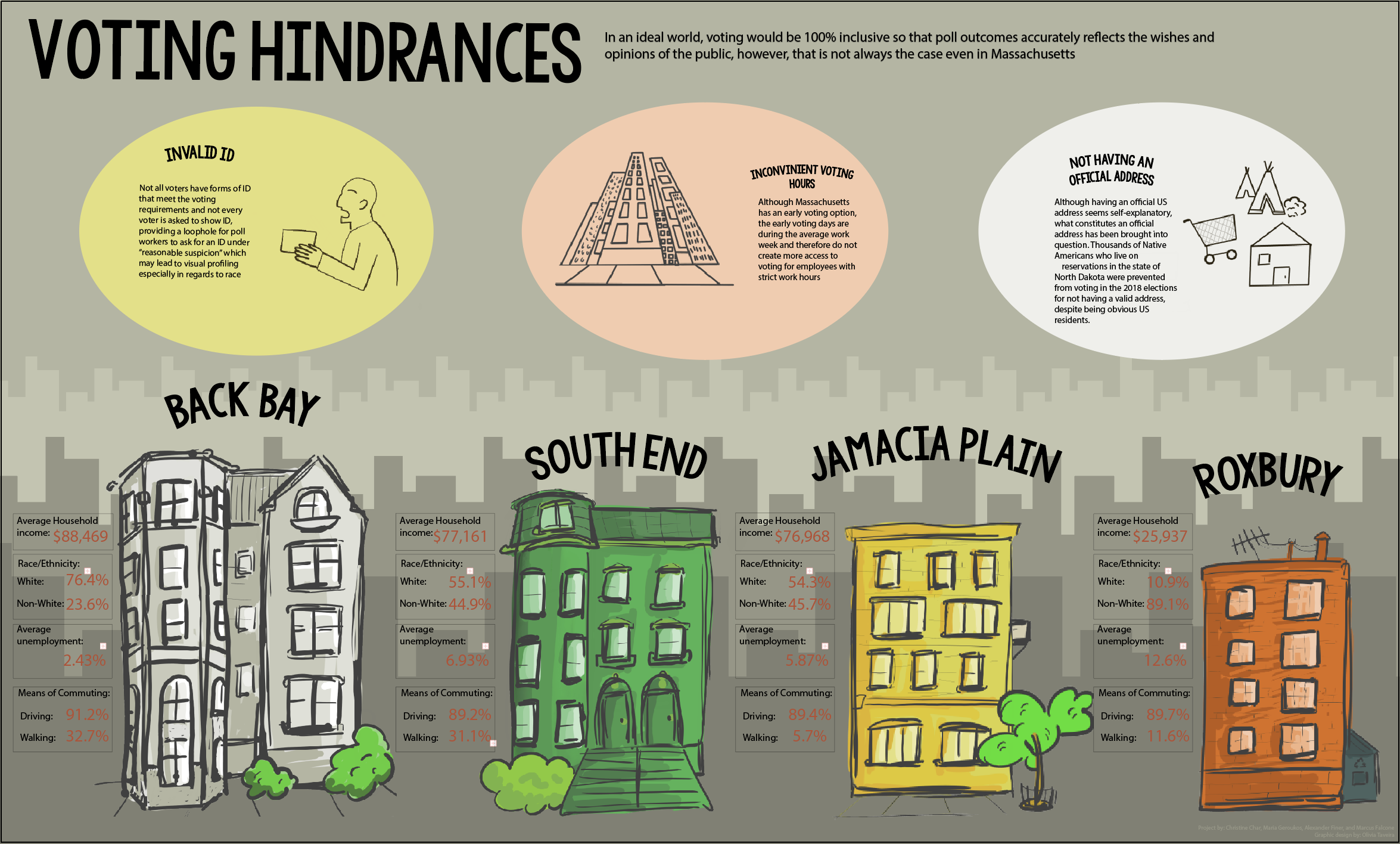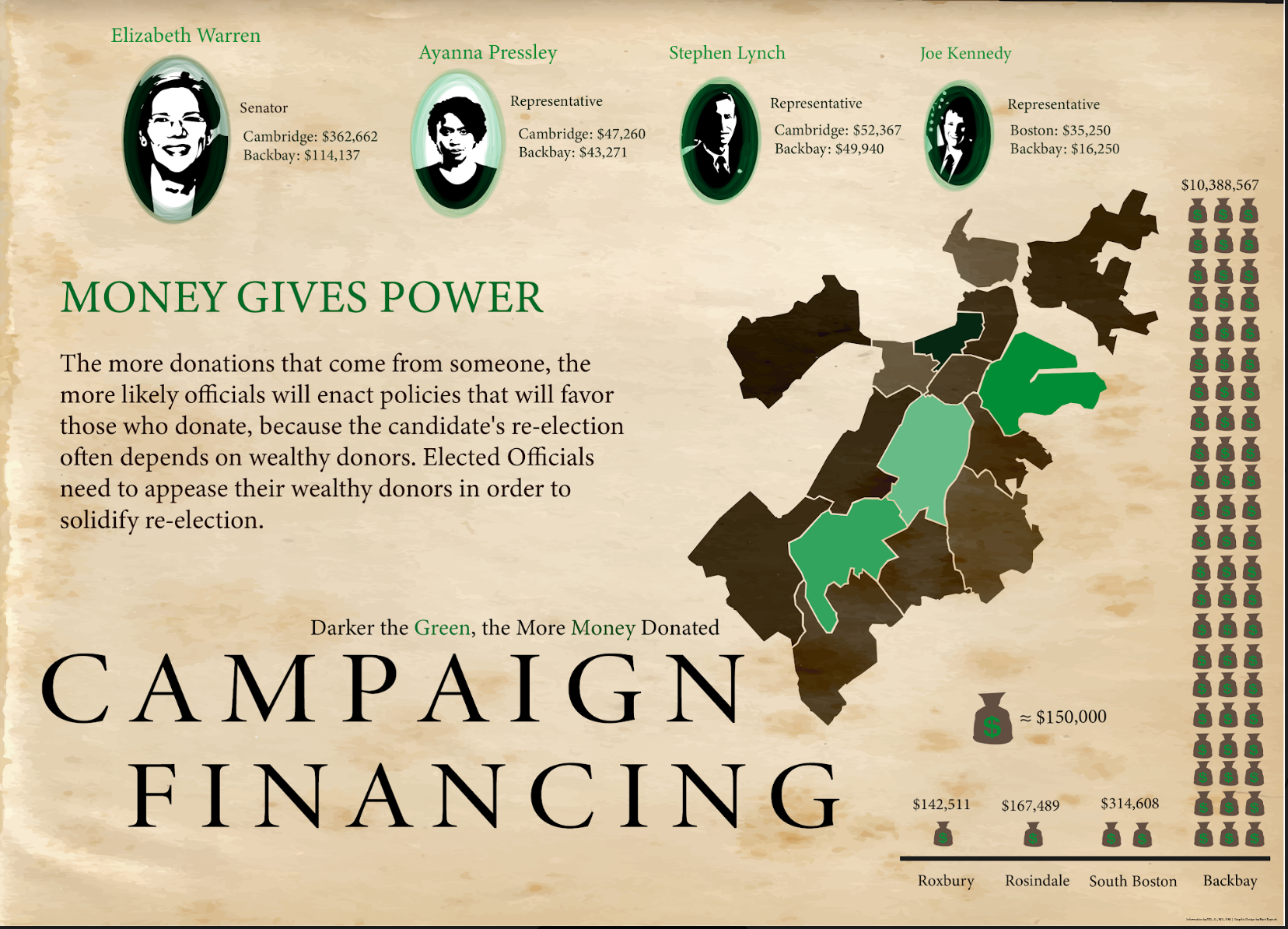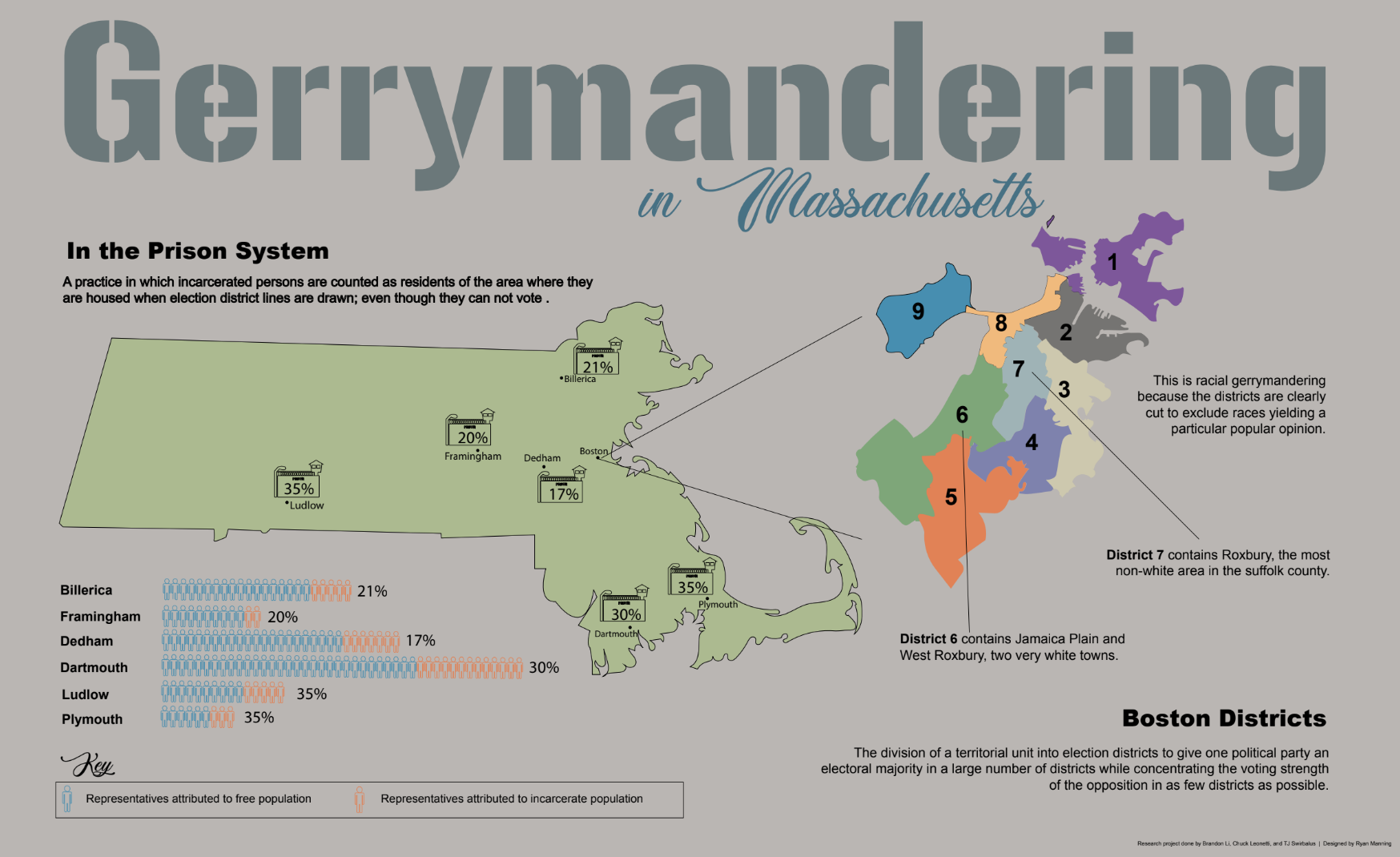Milton Academy: Student Conference on Public Health
Edward M. Kennedy Institute for the United States Senate
May 21, 2023, 1-3pm
Teacher: Jackson & Geyling-Moore
Teacher: Margraf
Teacher: Malinda Polk
Teacher: Figueroa
Teacher: Palmero
Milton Academy: Projects on Climate Justice
Teacher: Lisa Baker
Course: Advanced Creative Writing
Essential Question: How can the realities of climate change reshape our imagined fictions?
After studying the story collection Florida by climate writer Lauren Groff, students wrote their own climate flash fictions, experimenting with how climate change can restructure our narratives: shifting the interior worlds of our characters; altering our notions of story conflict; and remapping our thematic landscapes. After workshopping and revising the stories, students collaborated in small groups and built websites to connect and showcase their work, incorporating image and audio.
Teacher: Alisa Braithwaite
Course: Themes in Contemporary World Literature
Essential Question: What role can literature play in the mitigation of climate change?
After reading fiction from North America, West Africa, Southeast Asia, and the Caribbean, students identified key themes about the climate crisis that they wanted to explore in-depth. The themes chosen were: Literature and the Representation of Climate Change, Intersectional Environmentalism, Climate Change in a Global Context, and Climate Solutions. The students curated their findings on a website created for the course and they encourage you to discover the intersections between these themes as you peruse their work.
Teacher: Melissa Soto Figueroa
Course: Performing Literature
Essential Question: Which population of people are most affected by climate change? What can we all do to make an impact in our communities and world today?
Students interviewed school community members, experts in the field of climate change, and read articles, poems, and non-fiction literature addressing the issue. From this material, the students created a found poem (poem based on collected language from other sources) titled “The Earth’s Eulogy.” This poem is a call to action for a planet in peril, specifically articulating the voices of those in the Boston area that are trying to make a difference in our community and in our world.
Teacher: Sharon Mathieu
Course: Climate Justice is Your Right, Not Privilege!
Essential Questions: How are our identities shaped by our access to living in a pollution-free zone? How does privilege play a role in how we engage with climate justice? How does our understanding of privilege shape our awareness of access to pollution-free zones and clean water and our decisions to get involved?
Through debates, students concluded that climate change policies made by Massachusetts political officials must address the social injustice suffered by those communities victimized by corporate agreements that allowed pollutants to be placed near their homes. Students developed critical and creative pieces, including letters to local politicians, visual art, poems, animations, public service announcements, and dance, that articulate our collective responsibility for reducing pollution and mitigating climate change.
Teacher: Andrea Geyling-Moore
Course: Activism for Justice in a Digital World
Essential Question: How do social justice issues intersect with environmental and climate justice?
Students wrestled with issues of human rights, environmental racism, income inequality, food insecurity, homelessness, education, and immigration. The year began with a virtual “Toxic Tour” in Roxbury led by ACE (Alternatives for the Community and the Environment). This experience inspired a year-long exploration of how various social justice issues intersect with environmental and climate justice. Students have created a powerpoint presentation to share key takeaways from their own learning as well as resource links for others to learn or take action.
Teacher: Kristine Palmero Sydney
Course: Themes in Contemporary World Literature
Essential Questions: How does literature simultaneously make us confront the harrowing realities of climate change while also giving us hope that our efforts will affect change? How do colonialism and systemic racism affect characters’ experiences with storms, floods, and other natural disasters?
All year, students wrote nonfiction essays that explored how climate change informs and colors every part of their life: nostalgia, sports, dance, even standardized testing. They condensed one of their longform essays into a 500-word vignette that was turned into a three to five-minute digital story.
Milton Academy: Economic Inequality
Students in the Activism for Justice in a Digital World course asked local activists who work on economic inequality the following questions:
What can we learn from local activists about the impact of economic inequality through the lenses of environmental justice, racism, housing, education, and immigration?
How can we create change?
See how the activists answered in the videos linked below.
Deborah Hughes, Brookview House
David Noiles, Environmental Activist
Students in Class III English asked the following question:
What is the relationship between citizenship and access to wealth?
After answering the question for themselves, and then interviewing individuals they knew with various citizenship statuses in the US, they reached final reflections, which they share in the videos linked below.
In an interdisciplinary project, students in AP United States Government and in Advanced 2D Technology and Media collaborated to explore the following question:
How does economic inequality impact access to politics?
The research performed by the AP Government students was illustrated by the Advanced 2D Tech and Media students in these posters.
- Voting Hindrances
- Campaign Financing
- Gerrymandering



